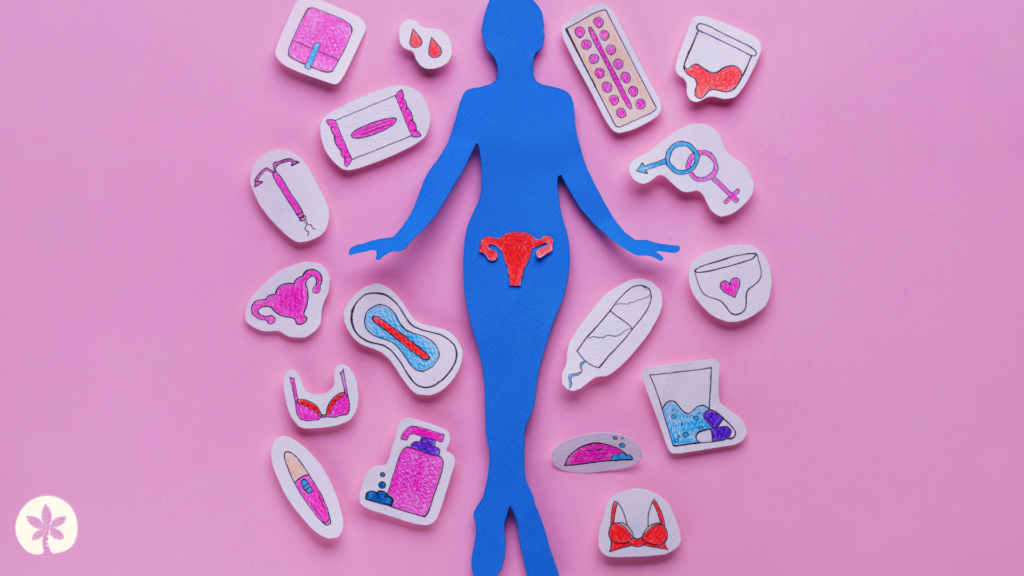As a therapist, I’ve had the privilege of guiding individuals through various life challenges. One recurring theme that often arises, particularly among women, is what has been termed as “Eldest Daughter Syndrome.” This phenomenon encompasses a complex interplay of guilt, self-criticism, people-pleasing tendencies, and the relentless pursuit of perfectionism. Today, I want to delve deeper into the experiences of women grappling with these struggles and offer insights into navigating them.
Growing up as the eldest daughter often entails shouldering responsibilities beyond one’s years. From a young age, these women may find themselves thrust into roles of caretakers, mediators, and advisors within their families. While this can foster a sense of maturity and competence, it also lays the groundwork for feelings of guilt and self-doubt.
Guilt becomes a constant companion for many eldest daughters, stemming from an internalized belief that they must always be there for others, often at the expense of their own needs and desires. Whether it’s feeling guilty for pursuing personal goals instead of fulfilling familial obligations or simply taking time for self-care, the weight of responsibility can be overwhelming.
Self-criticism is another common facet of Eldest Daughter Syndrome. These women hold themselves to impossibly high standards, constantly striving for perfection in every aspect of their lives. Any perceived failure or shortcoming is met with harsh self-judgment, fueling a cycle of negativity and self-doubt. It’s as if they’re trapped in a never-ending quest for validation and approval, both from themselves and those around them.
This relentless pursuit of perfection often goes hand in hand with people-pleasing tendencies. Eldest daughters may find themselves bending over backwards to accommodate the needs and expectations of others, even at the expense of their own well-being. Saying no becomes a daunting task, as they fear disappointing or letting down those they care about. In the process, they neglect their own boundaries and sacrifice their authenticity in a bid to maintain harmony and approval.
So, how can women struggling with Eldest Daughter Syndrome begin to break free from these destructive patterns? As a therapist, I often emphasize the importance of self-awareness and self-compassion as essential first steps on the path to healing.
Self-awareness involves recognizing and acknowledging the underlying beliefs and thought patterns driving one’s behavior. By gaining insight into the origins of their guilt, self-criticism, and people-pleasing tendencies, women can begin to untangle the web of expectations that have kept them bound for so long.
Self-compassion is equally vital in this journey towards liberation. It entails treating oneself with the same kindness and understanding that one would extend to a dear friend facing similar struggles. Rather than berating themselves for perceived shortcomings, women can learn to embrace their imperfections as part of what makes them beautifully human.
Setting boundaries is another crucial aspect of reclaiming agency and autonomy. Learning to assertively communicate one’s needs and priorities is not selfish but rather an act of self-care and self-respect. It’s about recognizing that saying no to others doesn’t make you a bad daughter, friend, or partner—it simply means honoring your own limits and priorities.
Moreover, challenging the myth of perfection is essential for breaking free from its suffocating grip. Embracing the concept of “good enough” can be incredibly liberating, allowing women to release the unrealistic expectations they’ve been carrying for so long. It’s about acknowledging that mistakes and setbacks are inevitable parts of the human experience and that true growth often emerges from imperfection.
In my therapeutic work, I often encourage women to cultivate a support network of friends, family, or fellow travelers on the journey towards self-discovery and healing. Connecting with others who can offer empathy, validation, and encouragement can provide invaluable strength and resilience in the face of challenges.
Ultimately, overcoming Eldest Daughter Syndrome is a deeply personal and transformative journey—one that requires courage, vulnerability, and a willingness to embrace one’s authentic self. By cultivating self-awareness, self-compassion, and healthy boundaries, women can begin to rewrite the narrative of guilt, self-criticism, and people-pleasing, paving the way for greater freedom, fulfillment, and joy in their lives.
As a therapist, I stand in awe of the resilience and inner strength of the women I have the privilege to work with. Together, we navigate the complexities of Eldest Daughter Syndrome, forging a path towards healing, empowerment, and self-discovery. And though the road may be challenging at times, the destination—a life lived on one’s own terms—is always worth the journey.


